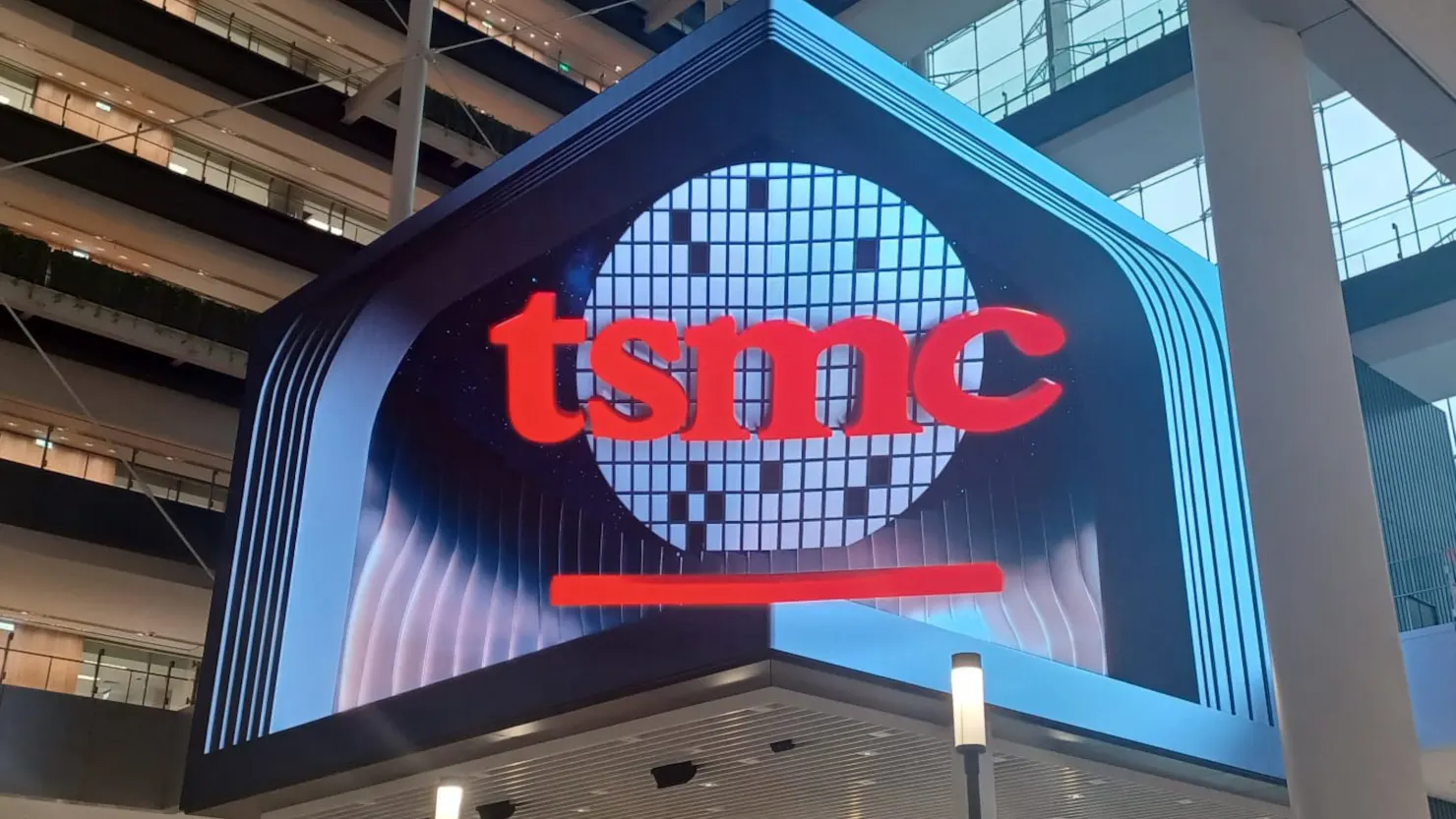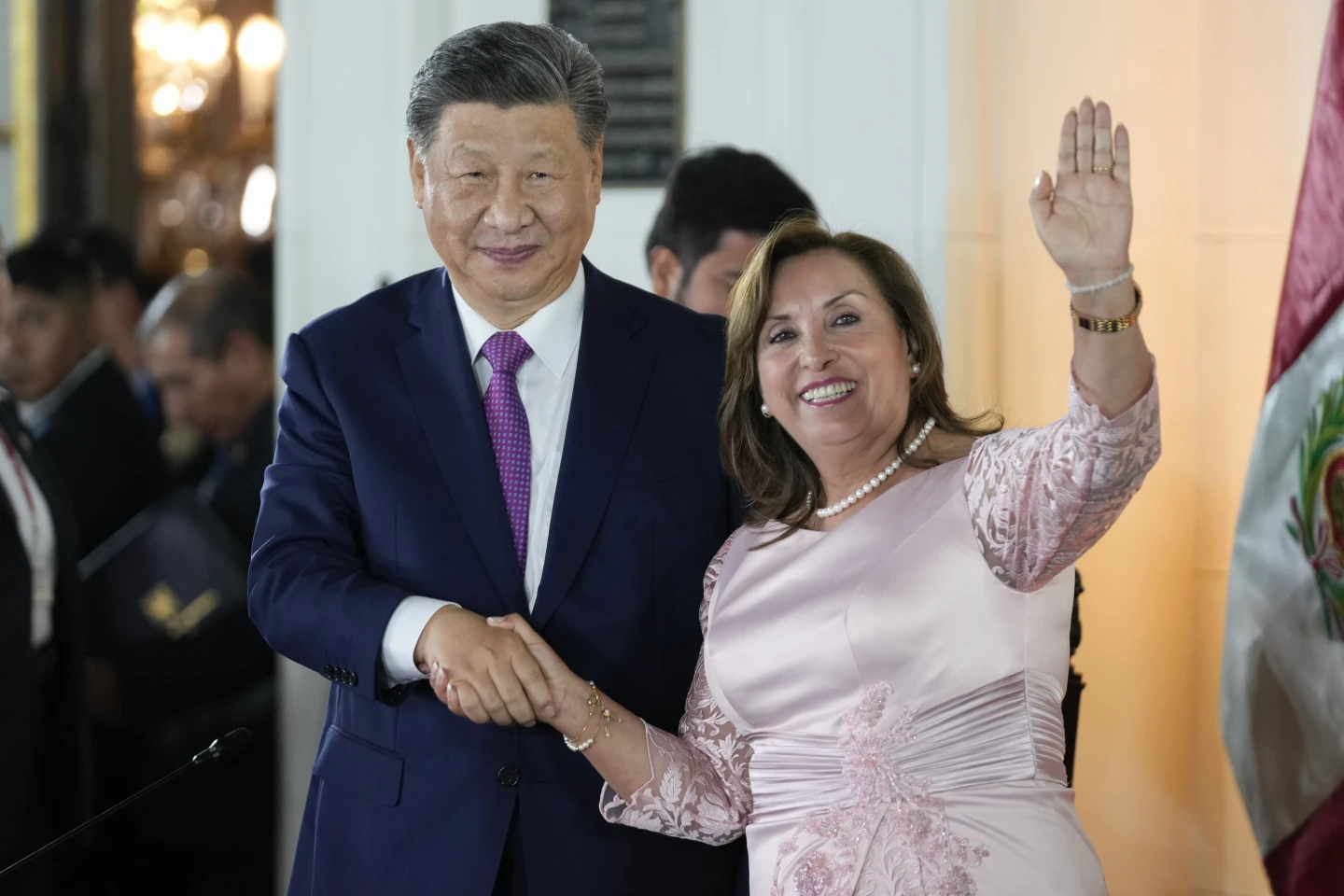US officials are exploring the possibility of capping exports of advanced AI chips from companies like Nvidia and AMD to specific countries, particularly in the Middle East.
This move, aimed at bolstering national security, may limit some nations’ capabilities in artificial intelligence development.
Sources familiar with the discussions indicate that the Biden administration is considering setting a ceiling on export licenses on a country-specific basis. The focus is primarily on Persian Gulf countries, such as the United Arab Emirates and Saudi Arabia, which have shown a strong interest in expanding AI data centers and have significant financial resources to support such initiatives.
The deliberations are still in their early stages and remain fluid, but the concept has gained traction recently. The proposed policy would complement a new regulatory framework announced last month, which streamlined the licensing process for AI chip exports to certain Middle Eastern countries.
The Bureau of Industry and Security, which oversees export controls, declined to comment on the discussions. Nvidia and Advanced Micro Devices also refrained from providing statements, while Intel did not respond to requests for comment.
A spokesperson for the White House National Security Council acknowledged the ongoing talks but pointed to a recent joint statement made with the UAE, which emphasized the potential benefits of AI technology as well as the importance of safeguards to mitigate associated risks.
Implementing country-specific caps would represent a shift from previous restrictions that primarily targeted China’s ambitions in AI technology. Currently, the Biden administration has already limited AI chip shipments from American companies to over 40 countries across the Middle East, Africa, and Asia, citing concerns about the potential diversion of these products to China.
Furthermore, some US officials view semiconductor export licenses as a tool for achieving broader diplomatic objectives. Discussions have emerged regarding the possibility of leveraging these licenses to encourage key companies to reduce their ties with China in exchange for access to US technology.
While the administration weighs its options, officials are also considering the implications of global AI development on American intelligence operations. Concerns have been raised about the potential for enhanced surveillance capabilities in countries with robust internal monitoring systems, leading to questions about how these capabilities could be utilized.
The reactions of leading AI chipmakers to any additional restrictions remain uncertain. Nvidia has previously adapted its offerings to comply with US regulations concerning China, and similar adjustments may be necessary if new country-specific caps are enacted.
With input from Bloomberg and Market Watch.









